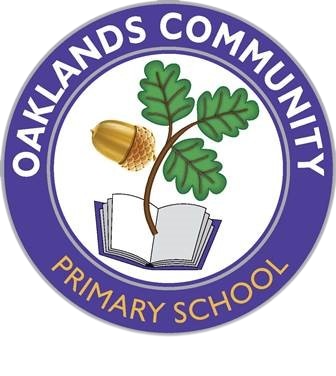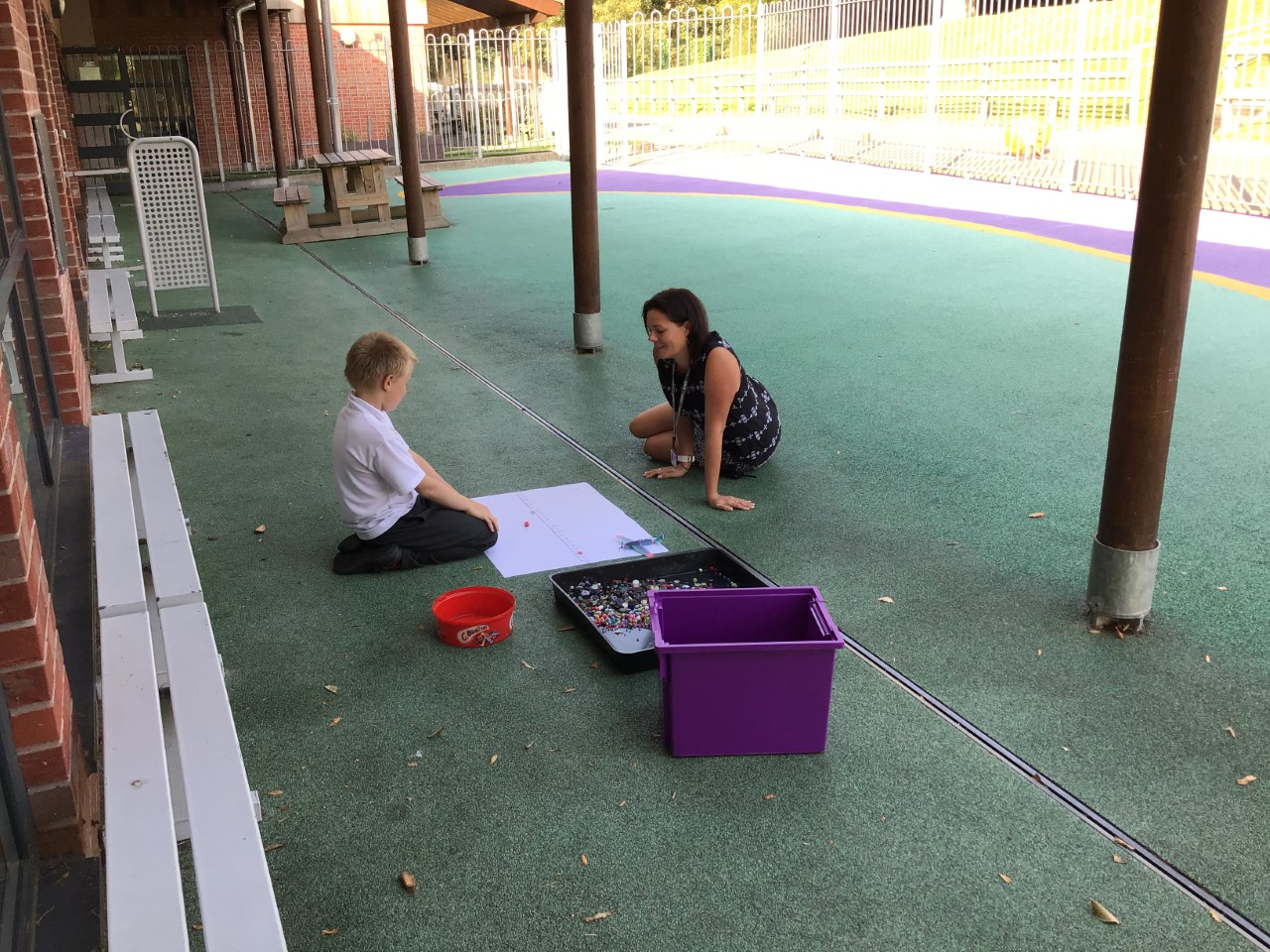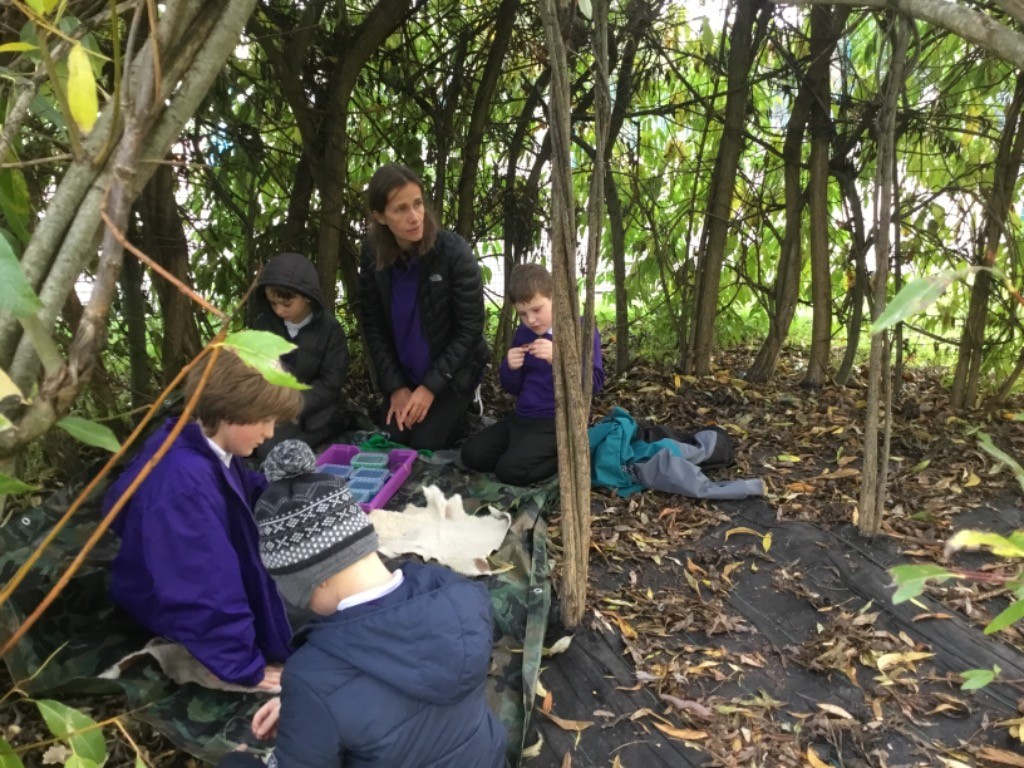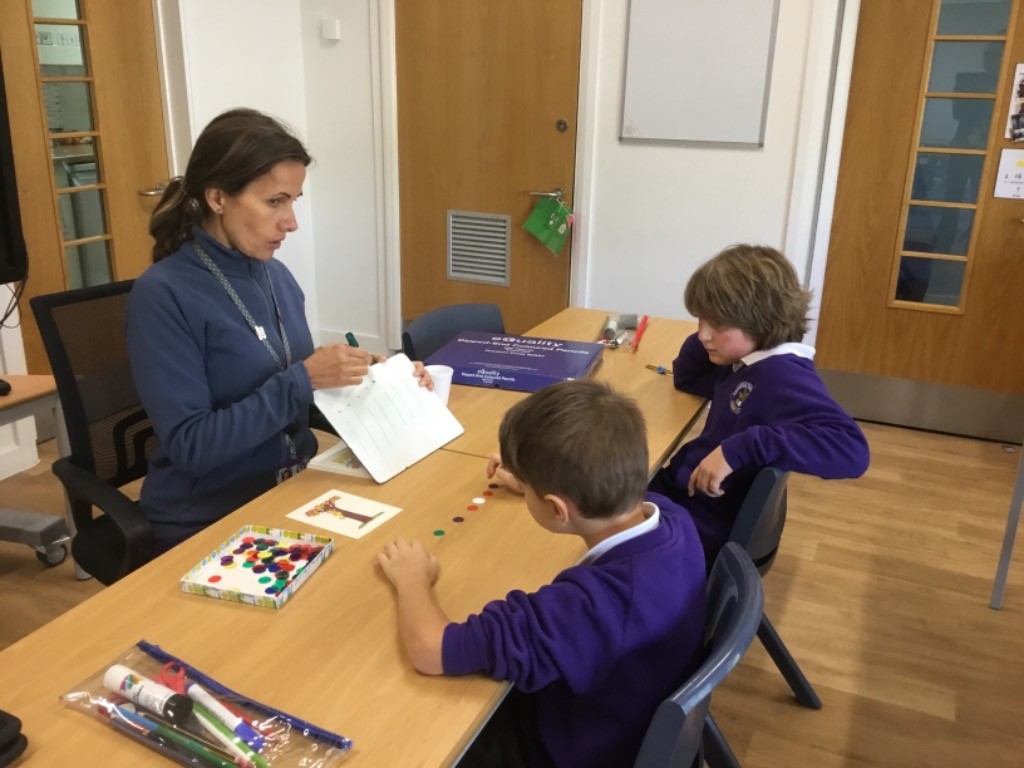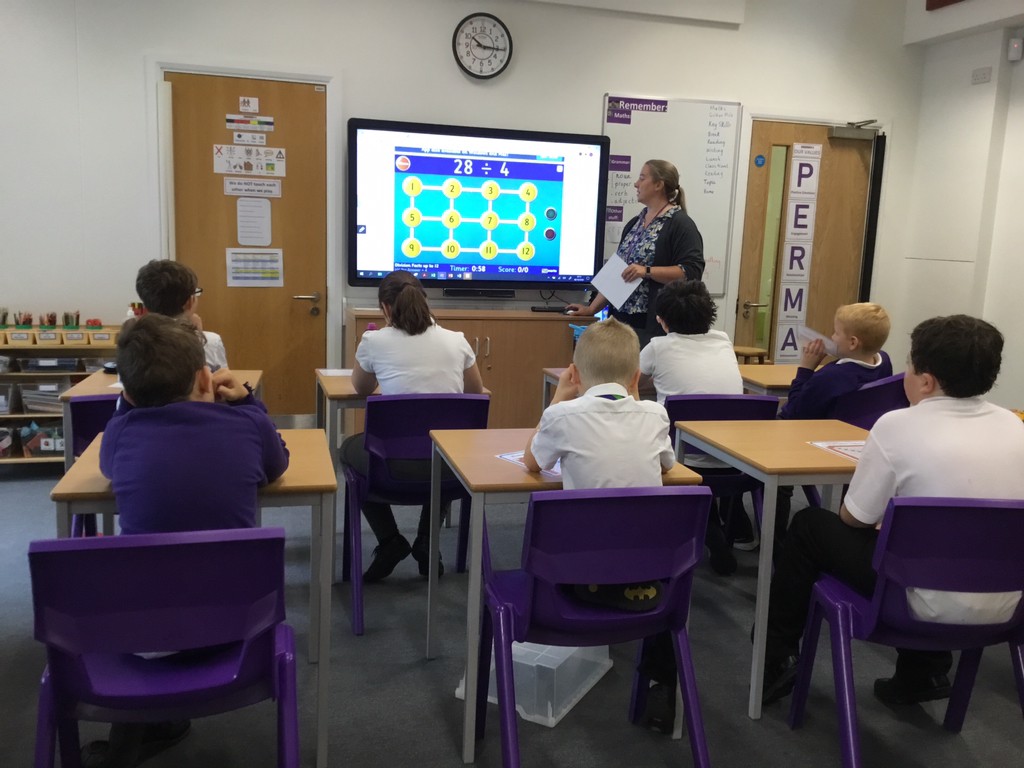Oaklands Centre Curriculum
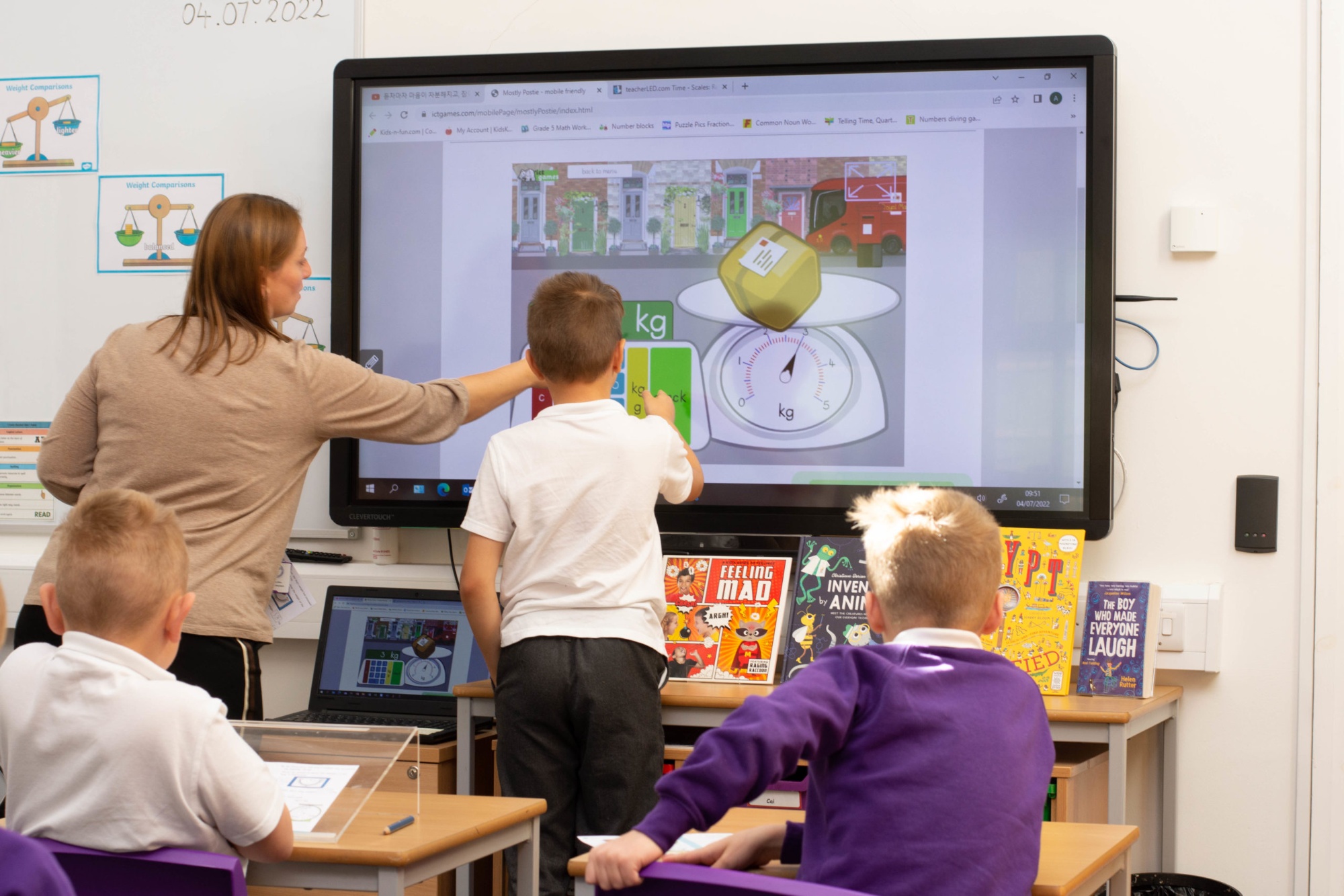
Oaklands Centre Curriculum Site - CLICK HERE for full curriculum
Intent
Our intention for our pupils is that they leave The Oaklands Centre ready to be successful learners in the next phase of their education.
To meet this goal, our pupils need:
- Independent self-regulation and social awareness that will enable them to successfully engage in learning in their new environment.
- Secure key skills in reading, writing and maths at a level which will enable them to access the KS3 curriculum confidently.
- Broad knowledge across the KS2 National Curriculum subjects, which will give them the foundation on which to build the KS3 curriculum.
- Self-advocacy skills that will enable them to effectively express their needs and wants to others in a new context.
Implementation
We understand the requirements of the Key Stage 3 settings we feed clearly, and our curriculum choices are made carefully to ensure our pupils build the precise set of knowledge and skills that they will need for the next point in their education. We map the ultimate outcomes of our curriculum onto the foundation of the Year 7 curriculum, to give our pupils the capacity to succeed as they embark on that learning.
Social Learning
Social Learning
The social curriculum at The Oaklands Centre permeates everything we do. It is not delivered through separate ‘social skills lessons’, although we do also hold these. Pupils’ holistic progress across the social curriculum is captured and evaluated in detail using an innovative software package called ‘ShowProgress’.
Our social curriculum develops: self-regulation, social understanding and communication, wellbeing, neurodiversity awareness and preparation for adulthood.
Key Skills (Core)
Key Academic Skills
In the Centre, academic lessons are differentiated for the needs of pupils with autism. In comparison to a mainstream classroom environment, the primary difference is the use of ‘structured teaching’. This involves using a consistent format and set of cues for each lesson which pupils can easily learn to predict. Timetables and routines for lessons are kept as regular as possible to reduce anxiety caused by change and the unknown. Wherever possible, any necessary change within the daily learning routine is carefully prepared for.
Learning is broken into small blocks and adult-led time is interleaved with frequent periods of ‘low demand’ time during which pupils may pursue their own interests. Feedback methods are adapted to support those who are very sensitive to perceived failure or criticism. Learning is carefully designed to be high challenge, but risk-free. Alternative recording methods are used for those with motor-control and perceptual barriers to handwriting. Each pupil is supported as an individual to be able to access the specialist teaching delivered to their group. Individual (1:1) teaching is avoided as much as possible, although it is occasionally necessary for specific, time-limited interventions.
Maths
Along with the rest of the school, the base classes follow the White Rose planning structure. Plenty of opportunities are built in for over-learning and to apply maths in a range of real-life contexts, such as shopping and cooking.
Reading
Decoding is taught rigorously using the whole school reading scheme. Dyslexia often co-exists with autism, and we have effective dyslexia-specific interventions in place for any pupil who needs it, whether diagnosed or not. A love of reading is encouraged - reading can be hugely helpful for autistic children to develop their social understanding and explore emotions safely, as well as being enjoyable. Pupils are read to daily, experiencing a wide range of the best quality children’s literature. They also have daily guided reading and time to read independently for pleasure.
We have a strong focus on vocabulary and pragmatics to support pupils’ communication skills.
Writing
Pupils write for a range of purposes across the curriculum. They develop a secure understanding of grammar and are encouraged to use writing to express themselves and their ideas clearly. Pupils’ special interests are used to encourage them to enjoy writing creatively. Alternative recording methods, such as word processing, are used extensively to ensure that motor co-ordination difficulties are not a barrier to the development of composition skills.
Broad Knowledge (Foundation)
Foundation Subjects
Pupils at The Oaklands Centre study the full range of National Curriculum subjects.
Our foundation curriculum structure is different to that of the mainstream school because we have mixed-age groupings and many pupils remain in their base class for more than one year. We run a rolling programme of subjects across a two-year cycle. Learning within each topic is planned to enable each pupil to build their own knowledge and skills from their individual starting point.
Units of work are sequenced carefully and chosen to ensure we can build bridges into the Year 7 curricula in place in the settings we feed into.
Pupils may also access some foundation subjects alongside their mainstream class, especially where they have particular strengths and interests.
Preparation for Adulthood
Preparation for Adulthood
Our goal is that pupils progress from their starting point on joining us to being ready to be successful in the next phase of their education. This is a key element of our curriculum. We look carefully at what our pupils will be required to know and do in Year 7, and we build bridges to this into our curriculum. This pre-teaching ensures that they can embark on the Year 7 curriculum confidently, at a time when they are dealing with many other changes.
Independence
Independence is a primary goal for every pupil at The Oaklands Centre, in both their social and academic learning. We target support carefully, fading this once it is no longer needed, giving pupils space to practise and apply their skills independently. Pupils are encouraged to take responsibility for themselves as soon and as much as they are able to.
Life Skills
Life skills, such as keeping safe and healthy, understanding and managing risk and learning how to be part of a community are built into the curriculum. We access our local area regularly to give pupils a range of experiences and different contexts in which to practise their skills.
Self-Advocacy
The ability to self-advocate makes a significant difference to positive life-outcomes for autistic people. We teach skills such as self-awareness, decision-making and goal-planning discretely and embed practice into our daily routines.
Transitions
We have close links with all the settings that our pupils move on to for KS3. Extensive, personal transition packages are planned for each pupil to help them to manage the changes confidently.
Impact
We know that our curriculum is effective because:
- At the end of KS2 all pupils securely meet the personal development (self-regulation, social understanding and independence) outcomes in their EHCP. This is tracked using ShowProgress and evaluated during the Annual Review cycle.
- All pupils meet their ambitious academic targets across the curriculum. This is evidenced in statutory tests and using summative assessment.
- All pupils experience a strong sense of wellbeing, belonging and engagement in their school community. Pupils report this through termly wellbeing monitoring.
- All pupils make successful transitions to appropriate KS3 settings. Pupils’ progress in their new setting is monitored through our professional links.
